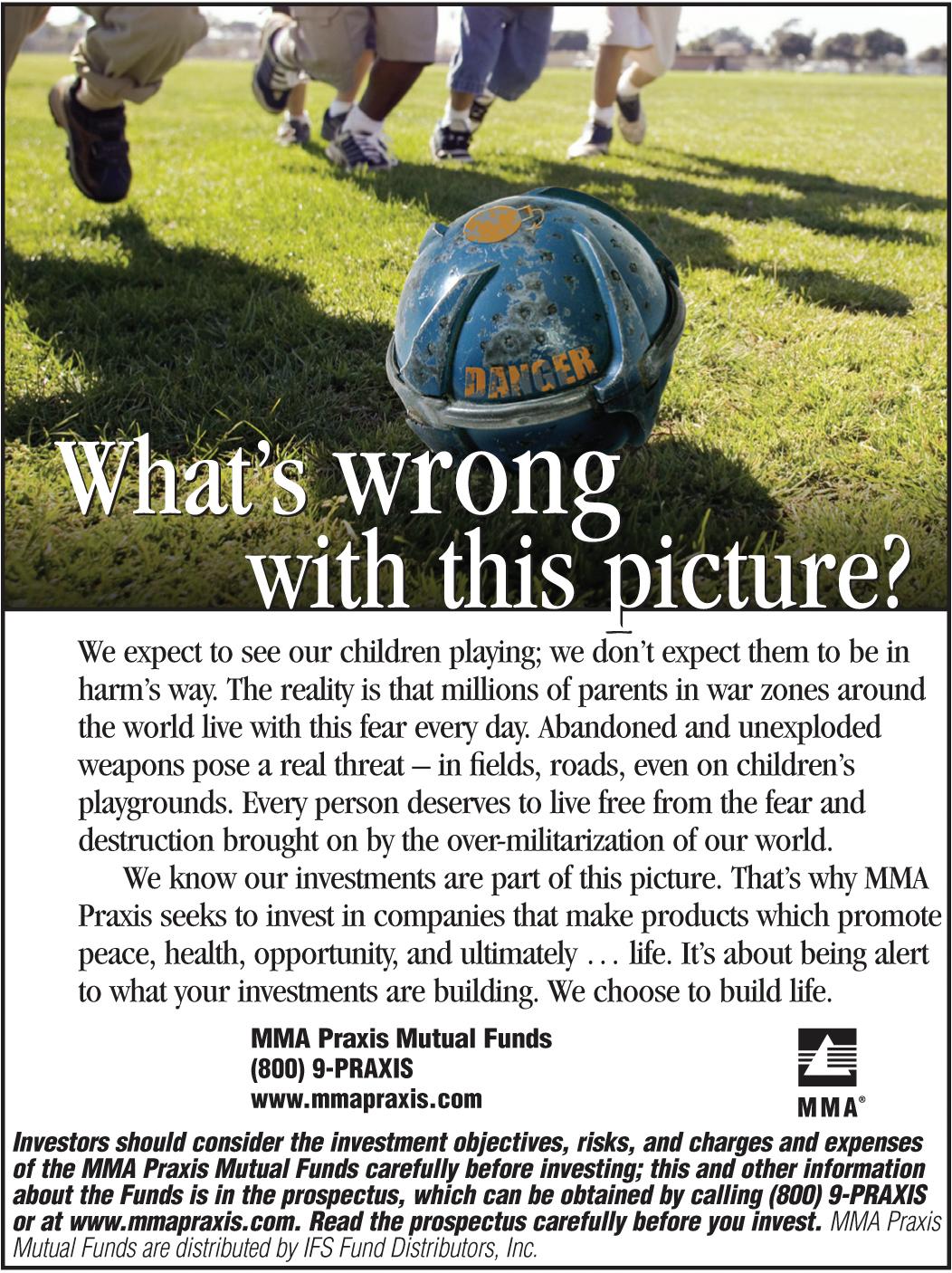
2 minute read
Soundbites
Forbidden fruits and yum-yum trees
I respect every diner who makes morally motivated choices about consumption. And I stand with nonviolence, as one of those extremist moms who doesn’t let kids at her house pretend to shoot each other, ever, or make any game out of human murder. But I’ve come to different conclusions about livestock. The ve-vangelical pamphlets showing jam-packed chickens and sick downer-cows usually declare, as their first principle, that all meat is factory farmed. That is false, and an affront to those of us who work to raise animals humanely, or who support such practices with our buying power. I don’t want to cause any creature misery, so I won’t knowingly eat anything that has stood belly deep in its own poop wishing it was dead until bam, one day it was....
But meat, poultry, and eggs from animals raised on open pasture are the traditional winter fare of my grandparents, and they serve us well here in the months when it would cost a lot of fossil fuels to keep us in tofu. Should I overlook the suffering of victims of hurricanes, famines, and wars brought on this world by profligate fuel consumption? Bananas that cost a rain forest, refrigerator-trucked soy milk, and prewashed spinach shipped two thousand miles in plastic containers do not seem cruelty-free, in this context. A hundred different paths may lighten the world’s load of suffering. Giving up meat is one path; giving up bananas is another. The more we know about our food system, the more we are called into complex choices. It seems facile to declare one single forbidden fruit, when humans live under so many different kinds of trees. — Barbara Kingsolver in Animal, Vegetable, Miracle: A Year of Food Life

Tell it like it is
From the C-suite to the mailroom, truth telling is key to productivity. If you missed your numbers or made a mistake, admit it. There’s tremendous power in being known as a person who speaks the truth. — Communications expert Dianna Booher in Training magazine
Silent witnesses
Christians witness to the world every day in a thousand silent ways. The tender care of a night nurse, an attorney’s rigorous maintenance of integrity, the honesty of an auto mechanic, the truthfulness of a journalist, the patience of a convenience store clerk — all of these forms of service, and many others like them, can be, in their own ways, Christian testimonies. — Thomas G. Long in Testimony: Talking Ourselves into Being Christian

Pondering purpose
Businesses need to think hard about moral purpose. When they do, employees come alive and want to be part of it. — Citi executive Marv Adams in CRO magazine






